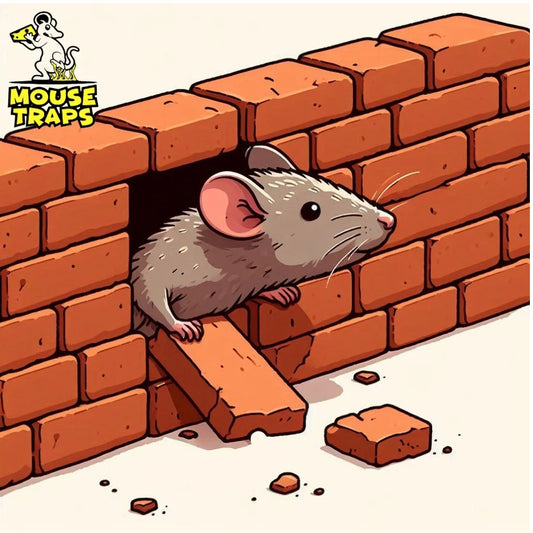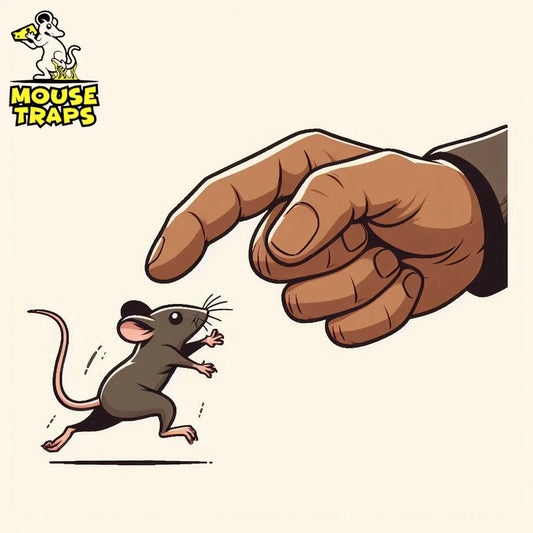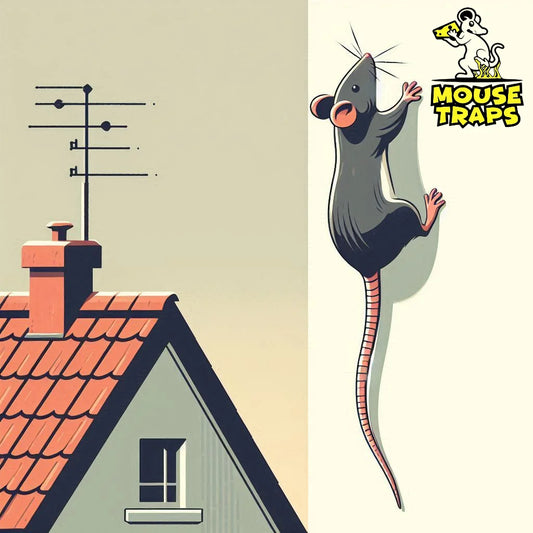Introduction:
Ah, the sizzling of burgers, the sweet scent of grilled veggies, the laughter of friends – there's nothing quite like a backyard barbecue. But before you fire up the grill, it's crucial to consider a potential party crasher: the common rat. These furry fiends aren't just unwelcome guests; they pose a significant health risk to your delicious outdoor feast.
What Are the Risks of Rats Contaminating Outdoor Food Preparation Areas or Barbecue Grills?
While the sight of a rat scampering across your patio might be enough to send shivers down your spine, the real danger lies in what they leave behind. Here's how these unwelcome visitors can wreak havoc on your cookout:

Disease Transmission:
Rats are well known for spreading illnesses, some of which can be passed on to humans through tainted food or surfaces. Here are some common culprits:
- Salmonella: This bacterial infection can cause a nasty bout of food poisoning with symptoms like diarrhea, vomiting, and fever.
- Leptospirosis: This potentially life-threatening illness can lead to kidney failure, meningitis, and liver problems.
- Hantavirus: This virus, contracted through inhalation of dust contaminated with rat droppings, can cause flu-like symptoms and even respiratory failure in severe cases.

Contamination by Droppings and Urine:
Rats don't exactly have the best table manners. When rodents leave their droppings and urine, on surfaces, such as your grill, utensils and food prep areas it can lead to contamination. This can bring in bacteria and parasites that may pose a risk of illness, to your guests.
Food Spoilage:
Driven by a constant need to gnaw, rats can wreak havoc on your carefully prepared food. They'll readily chew through packaging, leaving your burgers exposed and vulnerable to spoilage.

Attracting Other Pests:
Rats aren't the only party crashers drawn to food scraps and spills. Their presence can attract other pests like flies and cockroaches, further increasing the risk of contamination.

Signs of a Rat Infestation:
Spotting a scurrying rat in broad daylight is a clear sign of infestation. However, there are more subtle clues to watch out for:

- Droppings: Small, dark pellets around your grill, patio furniture, or garbage cans.
- Gnaw marks: Evidence of chewing on food packaging, wires, or wood.
- Grease trails: Rats leave oily streaks along their regular paths.
- Nests: Built from shredded paper, leaves, and other debris in hidden areas.
- Strong musky odor: A telltale sign of a nearby rat population.
Keeping Rats Away from Your Backyard BBQ:
Now that you know the risks, here are some proactive steps to keep your backyard bash rodent-free:
Clean Up Thoroughly: Don't give rats an open invitation! Clean up any food scraps or spills immediately. Store leftover food in sealed containers indoors.
Seal Up Garbage: A overflowing garbage can is a smorgasbord for rats. Use a sturdy can with a tight-fitting lid, and empty it regularly.
Minimize Hiding Places: Rats love clutter. Remove any piles of leaves, wood debris, or unused items around your patio. Trim bushes and hedges back from your house to reduce potential nesting areas.
Store Food Securely: Don't leave pet food bowls outside overnight. Securely store any birdseed or other potential food sources in airtight containers.
Consider Traps: If signs of infestation persist, consider setting snap traps or using bait stations following manufacturer's instructions. However, remember to place them strategically to avoid harming pets or children.
Seek Professional Help: If the problem seems overwhelming, don't hesitate to call a professional pest control service.

Bonus Tip:
Grill Cleanliness: After your cookout, don't leave leftover grease or food debris on your grill. This will attract unwanted guests long after the party's over. Give your grill a thorough cleaning with a wire brush and hot soapy water.
FAQs:
Conclusion:
When getting ready, for your backyard cookout keep in mind that rats might show up unexpectedly and bring along health concerns. By being aware of the dangers they present and taking actions to deter them you can guarantee an pleasant outdoor dining affair for yourself and your visitors. Whether its cleaning routines or strategic pest management tactics protecting your cooking spaces is crucial for a smooth gathering, without any unwanted furry visitors.




